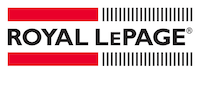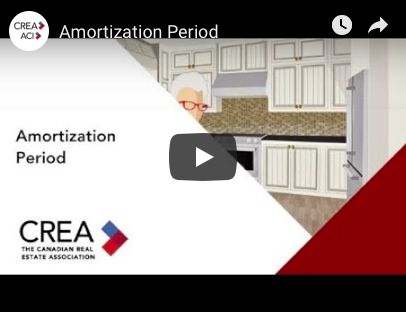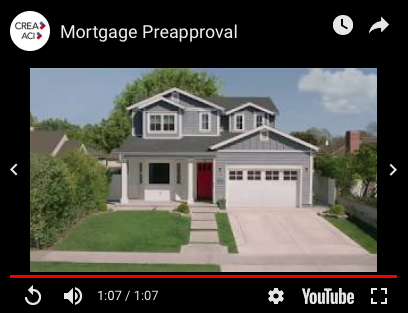Understanding closing costs
Closing costs are the professional fees, taxes, and adjustments due at the time of signing for the title of your new home. Closing costs may begin before the deal is done so it’s a good idea to be sure this is the home for you before spending any money on due diligence.
Before the closing date
A deposit is usually expected with an accepted offer and is due within 24 hours. We’ll advise you on an appropriate amount.
A home inspection is highly recommended even if you are in the home construction trade. A professional, certified inspector has the specialized tools and experience required to do a thorough job. A certified inspector will also have an insurance policy in case something is missed. You’ll receive a full report with photos and notes about infrastructure and future expenses for about $500. A septic inspection and water testing is extra.
If your down payment is coming from an RRSP or TFSA, be sure to arrange the transfer from those accounts at least 10 days in advance of the closing date. Your bank will require a week or so to move the funds. If you don’t have the down payment on closing day from your bank, it will create problems and you may not be able to close until the funds are ready.
Closing costs in your mortgage
Mortgage loan insurance may be required if you have a down payment of less than 20%. The premium is paid by the lender and included in your mortgage and amortized over the loan repayment period. You do not need to pay the mortgage insurance in advance.
A home appraisal is often covered by the lender as part of the mortgage approval process but you may be asked to pay for this.
Costs due on closing day
The following is a list of costs that are due on the day of closing in addition to the down payment but less any deposit you may have already provided.
- Land transfer tax is assesses as a percentage of the purchase price. In BC, the transfer tax depends on several variables such as residency and property location.
- Legal fees and disbursements are usually less if you choose a notary public but your family lawyer is often the first choice for many.
- Title insurance protects you against losses if there is a question of ownership or property boundaries.
- PST on CMHC loan default insurance must be paid at the time of closing.
- Prepaid utility or bills for services rendered that the seller has paid in advance will be prorated so each party pays for their use of the same.
- Property taxes are prorated for the same reason; however, the tax system in BC requires home owners to partially pre-pay each year and you might find the date of closing requires up to 50% of the annual tax bill be reimbursed to the seller.
- Property insurance is paid to an insurance company but the certificate of insurance must be presented at closing to prove the home is insured.
Questions about closing costs? Contact one of our sales representatives for more information.




